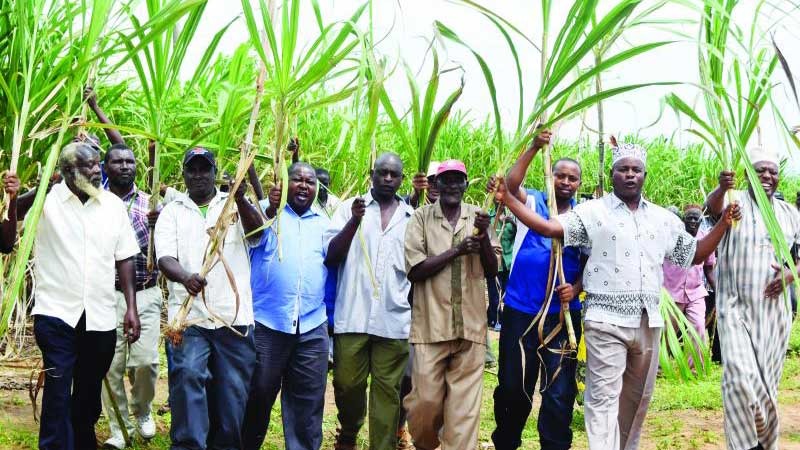×
The Standard e-Paper
Home To Bold Columnists

Reports about daylight bribery in Parliament to shoot down a report on irregular sugar importation did not come as a surprise.
Kiambu Woman Rep Gathoni wa Muchomba told Parliament that some legislators accepted between Sh10,000 and Sh30,000 in bribes dished out in toilet blocks to shoot down a damning report on the sugar imports.